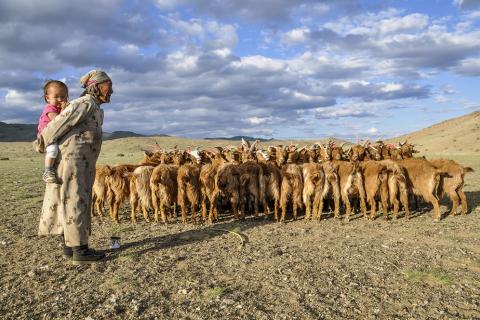CADASTA: How our technology secured land rights for 5 million people in 5 years
“Tenure and its governance are crucial factors in the fight against inequality and discrimination, for sustainable use of the environment, social stability and resilience toward the overall achievement of the SDGs.” FAO, Why Land Rights Matter, 2020



